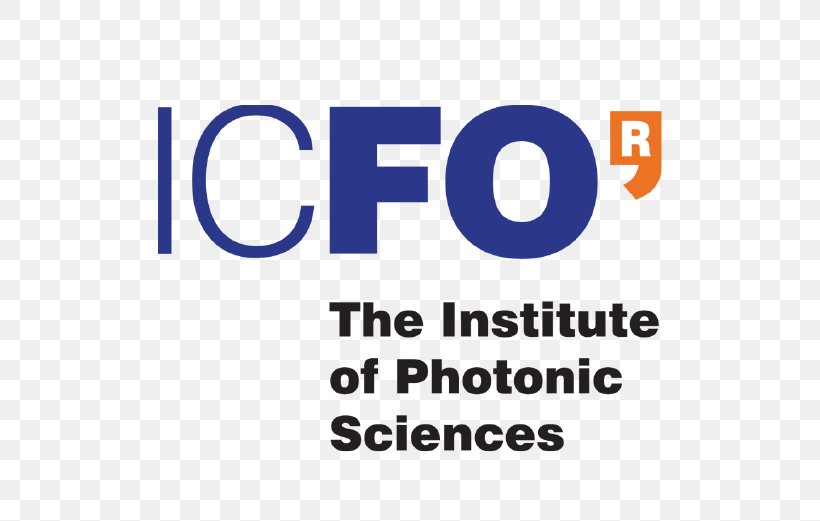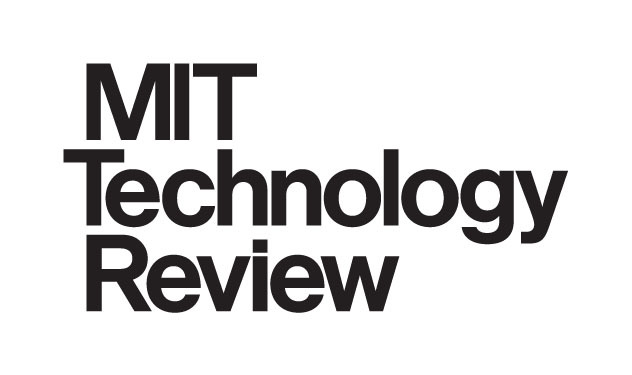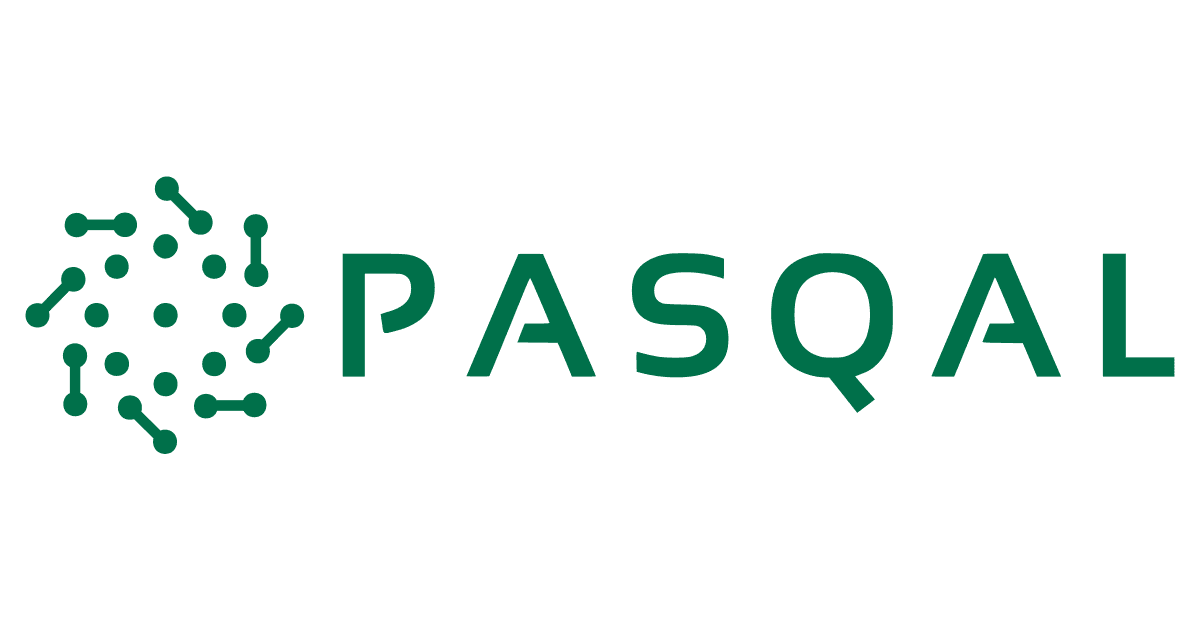
By Kenna Hughes-Castleberry posted 05 Jan 2024
Quantum News Briefs: January 5, 2023:
Quantum computing startup PASQAL’s CCO leaves to start his own company
Benno Broer, previously Chief Commercial Officer (CCO) at PASQAL, a French quantum computing company, has recently departed to establish his new venture, Science Rockstars. This move comes after his two-year tenure with PASQAL, which began following the acquisition of Qu&Co, a quantum software firm he founded, by PASQAL in early 2022. Operating in stealth mode, Science Rockstars focuses on high-performance computing, scientific software, and AI. Broer’s successor at PASQAL is Joël Kremer, formerly the head of sales at CloudBlue, a U.S. SaaS company. PASQAL faces significant challenges in commercializing quantum computing technology, competing against major players like IBM and well-funded startups such as PsiQuantum. Despite these challenges and the technology’s early stage, PASQAL has forged partnerships with notable industrial clients like EDF Energy, Siemens, and Johnson & Johnson, exploring practical quantum computing applications in various sectors.
D-Wave Successfully Completes SOC 2 Type 2 Audit
![]()
D-Wave Quantum Inc., a pioneer in quantum computing systems, software, and services, recently announced the completion of its SOC 2® Type 2 audit. This accomplishment, a first for a full-stack quantum computing provider, signifies a significant commitment to data security as the company experiences a surge in customer adoption of its quantum computing solutions for production use. The SOC 2 Type 2 compliance, which follows the company’s successful SOC 2 Type 1 audit completed in March 2023, is crucial for clients who require assurance regarding the security of their data and the effectiveness of controls over time. This milestone is particularly relevant as business leaders increasingly prioritize data security with third-party services. The audit, conducted by A-LIGN, affirms D-Wave’s adherence to rigorous security standards, bolstering customer confidence and aligning with the industry’s move towards enterprise-scale adoption of quantum computing solutions.
Non-toxic quantum dots pave the way towards CMOS shortwave infrared image sensors for consumer electronics

A team of researchers at ICFO, in collaboration with Qurv, has developed an advancement in shortwave infrared (SWIR) image sensor technology using non-toxic colloidal quantum dots (CQDs). As reported in Nature Photonics, this new technology utilizes silver telluride (Ag2Te) quantum dots synthesized without phosphine, a method that overcomes the limitations of heavy-metal-containing quantum dots. These Ag2Te quantum dots exhibit exceptional performance in SWIR photodetection. They are compatible with CMOS integration, making them suitable for high-volume applications in various industries such as service robotics, automotive, and consumer electronics. The SWIR image sensor demonstrates superior capabilities in adverse conditions like bright sunlight, fog, haze, and smoke and offers eye-safe illumination. This advancement aligns with the Restriction of Hazardous Substances (RoHS) regulations and opens new possibilities for material property detection through molecular imaging. The researchers aim to further enhance the performance and stability of these quantum dots for market deployment, showcasing their potential for broadening the applications of SWIR technology.
In Other News: MIT Tech Review article: “Quantum computing is taking on its biggest challenge: noise”

Over the past two decades, significant investments exceeding $5 billion have been poured into quantum computing by numerous companies, including tech giants like Google, Microsoft, and IBM, reports an MIT Technology Review article. Jay Gambetta, a key figure at IBM, has been pivotal in advancing quantum computing, particularly by integrating these systems into the cloud. Quantum computers, leveraging the unique principles of quantum mechanics, offer potential breakthroughs in diverse fields such as drug discovery and cryptography. However, the biggest challenge in quantum computing has been managing ‘noise’ – random disturbances that can disrupt quantum computations. Recent theoretical and experimental advancements suggest that this hurdle might soon be overcome through a combination of hardware and software strategies. These developments are crucial for quantum computing to surpass the capabilities of classical computers. The field has seen a shift from theoretical optimism to tangible progress, with companies like IBM leading the way in increasing the number of qubits and enhancing hardware performance, indicating a promising future for quantum computing in practical applications.
In Other News: Investor Place article: “New Year, New Gains: The 3 Best Quantum Computing Stocks to Buy in 2024”
![]()
Quantum computing technology is rapidly evolving, and three stocks – Microsoft (MSFT), Intel (INTC), and Honeywell (HON) – are well-positioned to capitalize on this growth, says an Investor Place article. Microsoft, a global tech giant with a market value of over $2.7 trillion, has expanded its operations to include quantum computing alongside its software, hardware, and cloud computing segments. Intel, a pioneering force in quantum computing, is driving progress with new AI products and processors, despite a recent decline in revenue. Honeywell, known for its diversified technology and manufacturing, has integrated quantum-computing-hardened encryption keys into its smart utility meters, boosting data security. The global quantum computing market is expected to reach $7.6 billion by 2027, with these companies poised to benefit from the expanding market and technological advancements.
- SEO Powered Content & PR Distribution. Get Amplified Today.
- PlatoData.Network Vertical Generative Ai. Empower Yourself. Access Here.
- PlatoAiStream. Web3 Intelligence. Knowledge Amplified. Access Here.
- PlatoESG. Carbon, CleanTech, Energy, Environment, Solar, Waste Management. Access Here.
- PlatoHealth. Biotech and Clinical Trials Intelligence. Access Here.
- Source: https://www.insidequantumtechnology.com/news-archive/quantum-news-briefs-january-5-2023-pasqals-cco-benno-broer-leaves-to-start-his-own-company-d-wave-successfully-completes-soc-2-type-2-audit-non-toxic-quantum-dots-pave-the-way-towards-cm/




